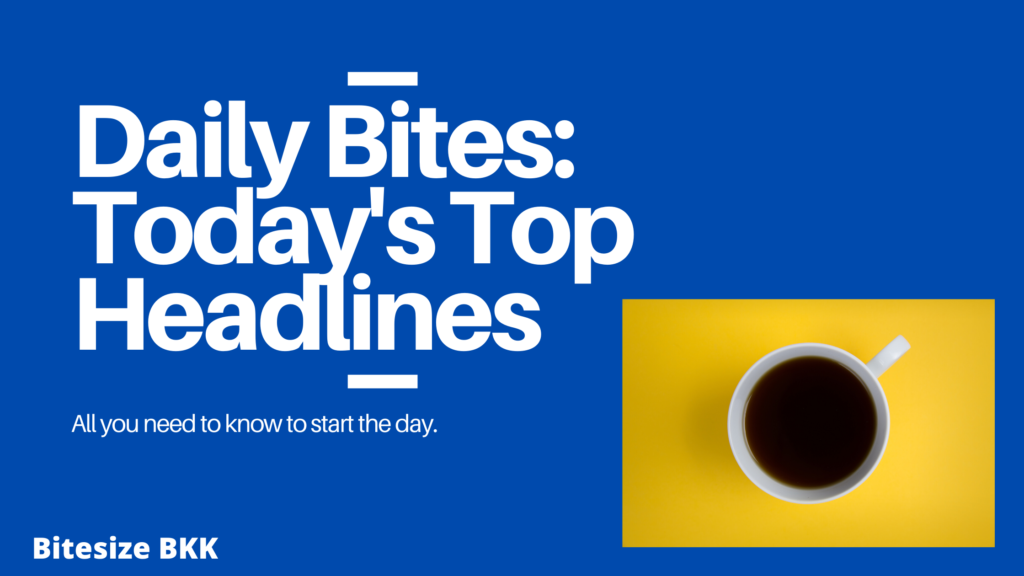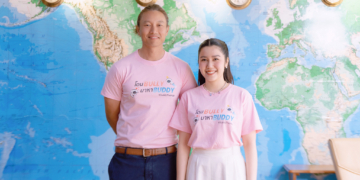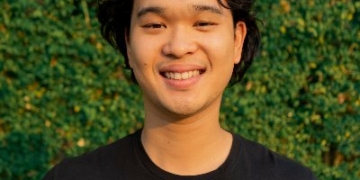All you need to know today.

1. TikTok mulls changing corporate structure amid political troubles
Suddenly, the fun app doesn’t seem to be involved in a lot of fun anymore. Chinese social media platform TikTok is mulling a change in its corporate structure following possible problems in the US with President Trump reportedly considering a ban.
Senior executives are discussing options such as creating a new management board for TikTok or establishing a headquarters for the app outside of China, to distance itself from its home country despite not having a presence there. TikTok is owned by Bytedance, one of China’s most valuable startups.
TikTok shot to global heights during the lockdown, where around 315 million users downloaded the app in the first quarter of the year.
As TikTok’s popularity grows, combined with increasing tensions between US-China, regulatory pressure on the app is intensifying.
Officials in several countries have expressed concerns with the large volumes of user data TikTok collects, some are speculating that ByteDance could be motivated to share it with the Chinese government. Of course, the company has denied such allegations.
Over the weekend, Amazon made headlines for reportedly asking all employees to delete the TikTok app off their phones. Later, the company said the emails were sent “in error”, but something sounds strange there.
“This morning’s email to some of our employees was sent in error. There is no change to our policies right now with regard to TikTok”, said Amazon’s spokesperson.
Either way, things have gotten very political for TikTok indeed.
2. Facebook considers banning political ads ahead of November elections
In an attempt to reverse some of the damage from its underwhelming civil rights groups meeting and the results of the independently published civil rights audit, Facebook is reportedly considering to ban political ads ahead of the much anticipated US Presidential elections in November.
While political ads overall make up a small portion of Facebook’s revenue, politicians and parties increasingly rely on the social network to reach voters.
Critics of Facebook in the US have become increasingly vocal about criticizing the social media giant’s hands off approach to moderating advertising or fact checking politician’s campaign messages due to its belief in “free speech”. More often than not, the hands off approach means that many adverts that are hyper targeted are often untruthful and misleading.
If Facebook does decide to ban political ads, it would be a sharp reversal from what the company insists it stands for, but it may do some good in helping to stop misinformation for potential voters ahead of a crucial election for the United States.
Facebook is now under overwhelming pressure to combat the misinformation and hate speech on its platform, something major social media companies have also faced but have been taking action.
Last year, Twitter said it would ban all political ads because the viral spread of misinformation presented challenges to civic discourse. Let’s see which side Facebook wants to end up on.
3. Singapore’s ruling party wins election, but popularity declined slightly
Singapore’s ruling party, People’s Action Party (PAP) retained their power following the results of Friday’s general election, the first country to hold a major election in the middle of a pandemic.
The PAP, in power since 1965, won 83 of 93 parliamentary seats or 61.2% of the vote, a slight slip from its 70% vote in 2015.
The opposition Workers’ Party secured 10 seats, its best performing results in a general election.
The election was mainly seen as a “popularity check” on how well the government did in handling the pandemic.
The PAP victory now brings current Prime Minister Lee Hsien Loong yet another term in office. With a majority win, the two-thirds majority gives the PM a free hand in passing important bills.
Following months of strict lockdown, Singapore has loosened restrictions and people are resuming their normal lives with limited reports of spiked infections. The country’s priority is now to combat a looming recession and to revise economic outlook which has been hurt by the pandemic.
4. OPEC & allies set to ease oil cuts as they anticipate demand recovery
Saudi Arabia, Organization of the Petroleum Exporting Countries (OPEC)’s leader proposes to relax the group’s curbs by 2 million barrels a day to 7.7 million barrels a day, as they anticipate some extent of demand recovery for oil following a drought during the height of the pandemic.




